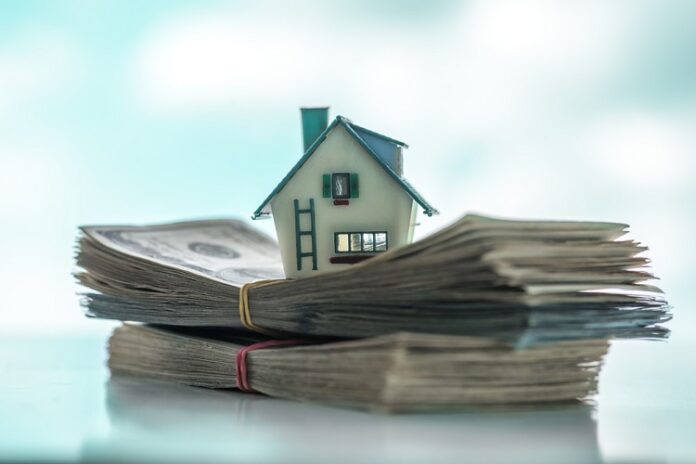An additional loan can be taken out on top of your existing home loan. It lets homeowners borrow more without having to apply for a new loan. Home loan top-up can help you pay for home renovations, college, or medical emergencies.
A top-up home loan usually has a lower interest rate than personal loans or credit cards. It also offers a large tax benefit on home loan top-up, making it even more appealing. Let us examine this loan’s tax benefits, eligibility requirements, and interest rates.
Table of Contents
Tax Benefits of a Top-Up Home Loan
A top-up home loan can offer tax benefits, depending on how you use the borrowed amount. Here is how:
- Tax Benefit Under Section 24(b): Section 24(b) of the Income Tax Act allows a tax deduction for top-up loan interest for home repairs, renovation, or construction. The maximum annual deduction for self-occupied property is ₹2 lakh. Interest deductions are unlimited for rented properties.
- Tax Deduction on Interest for Other Uses: If you use the loan for other personal expenses like education or medical treatment, the interest amount does not qualify for any specific tax deductions. However, if the money is used for business purposes, you might still be able to claim it as a business expense.
- No Deductions on Principal Repayment: Unlike a standard home loan, the principal repayment on a top-up home loan is not eligible for tax exemption under Section 80C.
The purpose of your home loan top-up might determine whether it is tax-exempt; therefore, it is best to seek the advice of a tax professional or check the most recent tax guidelines.
Eligibility Criteria for a Top-Up Home Loan
A few factors determine top-up housing loan eligibility, such as an active home loan with good payments first. Before considering a top-up request, lenders usually require 6-12 months of home loan repayment.
Key eligibility factors include:
- Good Credit Score: Lenders prefer applicants with a high credit score (generally 700 or above).
- Loan-to-Value Ratio: The outstanding and top-up loans should not exceed a certain percentage of the property’s value, typically 70-80%.
- Repayment Capacity: Lenders will evaluate your income, financial obligations, and repayment capacity before approving a top-up home loan.
Interest Rates for Top-Up Home Loans
A top-up home loan interest rate is usually slightly higher than your existing loan but much lower than personal or credit card rates. Your rate depends on your credit score, lender policies, and loan balance.
Depending on the bank, top-up loans typically have annual interest rates between 8% and 12%. However, these rates can vary between lenders, so compare offers.
A top-up home loan can be a great way to handle extra financial needs while taking advantage of low interest rates and the chance to save money on taxes. Before you apply, make sure you meet the requirements for the loan and know how it will affect your taxes. Using this option wisely, you can meet your financial needs without breaking the bank




